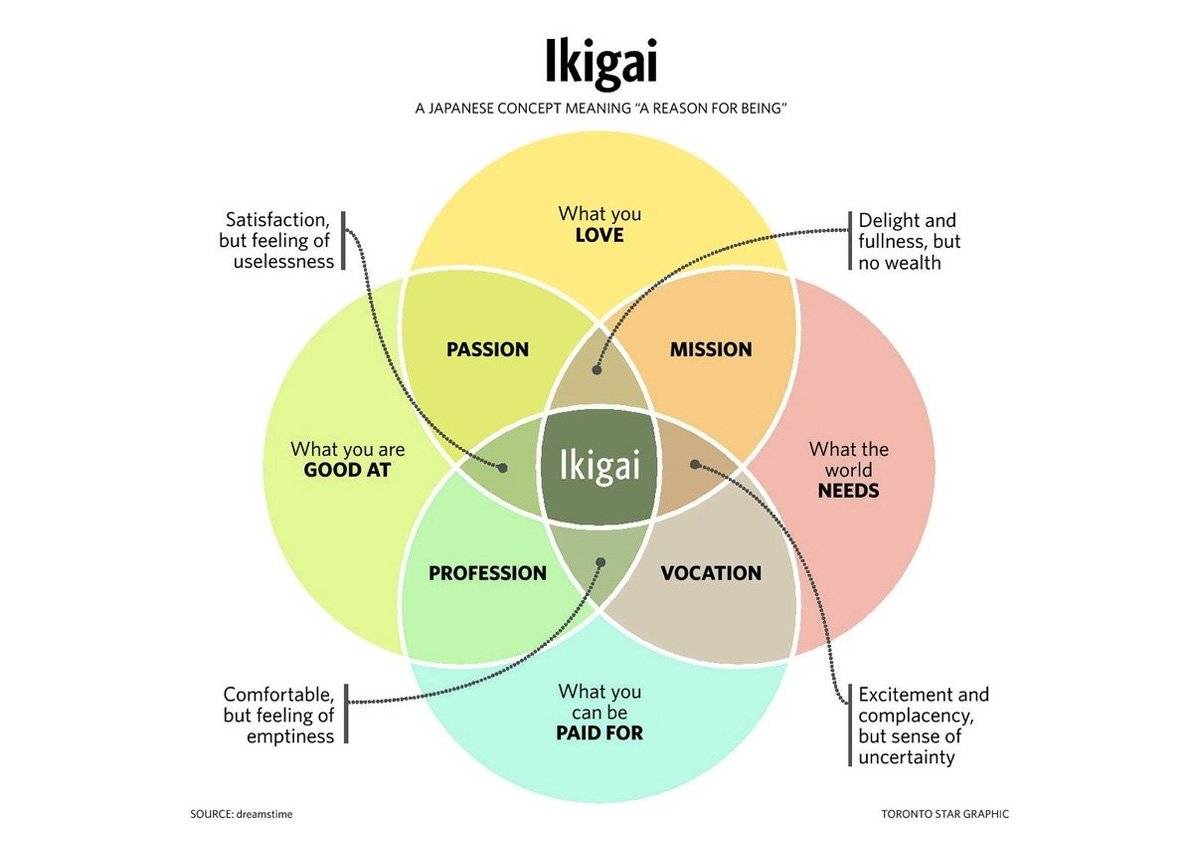In today’s day and age of prevalent Artificial Intelligence (AI), the long-established practice of scams has become deadlier than ever before.
“A lot of these scams would be initiated by human factories in smaller, poorer countries in West Africa, South America, and so the articulation of English would not be there,” Director of Educational Technology, Brian Grantham, said. “[But] with AI, you can tell it you want it to sound like it came from an American, using that dialect, and so it can become harder to differentiate.”
Technological developments such as computer-generated imagery (CGI) enhances the credibility of false advertising on top of systems designed to provide items that cater to one’s interests. This makes it more frustrating to find mechanisms to defend oneself against these digital onslaughts, or even to recognize them.
The Federal Trade Commission data suggests a loss of $8.8 billion from scams in 2022, more than doubling the amount in 2021. This data has led to research involving potential techniques utilized by scammers such as the false advertisement of products, award bait scams, or phishing.
Because scams are so common, the likelihood of falling into their trap is increased, Senior Tech Leader Zach Nishida believes.
“There’s so [many] opportun[ities] for you to be presented with [product] scams… especially with the Tik Tok marketplace,” Nishida said. “It’s super common in today’s society.”
Additionally, scammers cast a wide net when attempting to lure in unassuming victims.
“An average scammer will send out, say, 10,000 messages,” Danelle Landgraf, Technology and Engineering head, said. “If ten of those people respond, it’s effective. It’s not about how effective each individual [scam] is, it’s about how the overall outcome is effective.”
However, the commonality of these scams is not the only threat; advertisements personalized by AI are another reason for its success.
“AI is the strongest it’s ever been, so you get targeted for specific products on Instagram, Tik Tok or Safari,” Nishida said. “It’s just things you use on an everyday basis, maybe even every hour, and there’s so [many] opportunities for you to be presented with this type of scam.”
Additionally, the amount of people that fall susceptible to such provide a large portion of the scammer’s income, therefore contributing to its success.
“Even if one person leaves a bad review, or never buys it again, there are billions of other people [that will buy it],” Cyber Security Leader Jackson Brewer said.
Teenagers in particular may be susceptible to this due to their lack of wariness while online.
“[Teenagers are] at a time in their life when they are really easy to mold and will believe literally anything,” Brewer said. “What people need to know is that if it sounds too good to be true, it is.”
Many scams can prove to be especially effective due to their imitation of credible sites.
“[Scams] are really successful because they pretend to be someone they’re not,” Brewer said. “They can say ‘Yo, I’m your bank’ when they’re not.”
However, the convincing and effective tactics utilized by scammers online are easily negated by defense mechanisms recommended by Mid-Pacific’s technology experts.
“Agencies, for the most part, don’t ask for your information via email,” Grantham said. “One of the key things; don’t respond. Go to [the official] website and then you would see firsthand whether they’re actually asking for this information.”
Additionally, it’s important to keep your information as confidential as possible by utilizing techniques such as varying log-in information.
“Don’t use the same passwords for everything; or the same usernames,” Landgraf said. “Anything you can do to make your accounts not all the same.”
Uniqueness in log-in information is helpful, but acknowledging a lack of provided information as the large warning sign it is can be helpful in protecting oneself from phishing practices.
“Being aware of the signs, like if [the scammer isn’t] willing to provide information about themselves, then it’s most likely a scam,” Nishida said. “There are also other resources you can use, that you can download onto your search engine that can help you from clicking ads.”
Another helpful technique is to remain critical and wary of any emails provided by unknown dispatchers.
“Look at who’s sending this. Say, ‘This character is weird, why is there some random cyrillic in the middle of ebank.com,” Brewer said. “Also, if you receive something fishy from your friend, talk to your friend in-person or on another platform and say “Is this you?’”
Whatever the techniques may be, digital safety is a practice that is agreed as crucial in this day and age with its rapidly advancing technology.
“Be aware. Skepticism is unfortunately needed in society today,” Grantham said.















